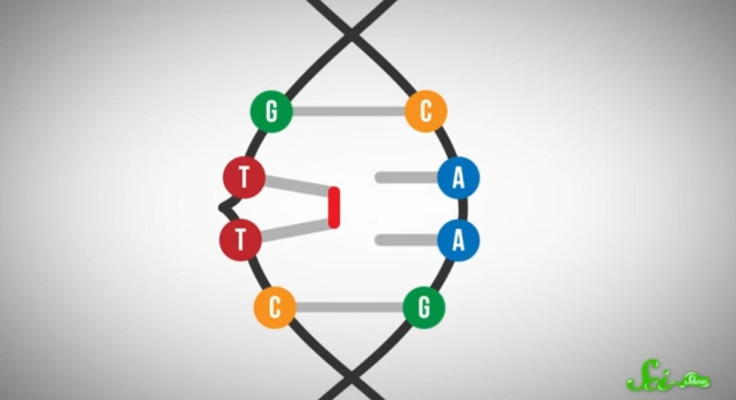Skin Damage And Cancer: Is Sunscreen Necessary In The Winter?

Sunscreen is miserable to apply — it's difficult to cover every exposed inch of skin, and leaves behind a grimy feeling. But we do it because we can feel the sun beating down on us and know it’s for our own good.
In the winter, however, we barely even see the sun. That means we don’t really need to slather on the cream, right? According to SciShow, wrong.
Read: Home Remedies for Winter Dry Skin
Host Michael Aranda explains that the ultraviolet radiation that damages our DNA in the summer is really at work year-round. The photons of UVB light — which many sunscreens claim to protect us against — are the main culprit, causing pieces of our DNA to link incorrectly and thereby making it hard to read or copy information from the DNA. Although our bodies can repair such damage in small amounts, when UVB rays damage us too much, it can lead to permanent changes in our DNA and even cancer.
The Skin Cancer Foundation notes, however, that while UVB rays are the most likely cause of your sunburn, UVA rays “increasingly are being seen as a cause of skin cancer on their own.” Those rays go deeper into your skin, can make UVB damage worse and “are associated with wrinkling, leathering, sagging, and other light-induced effects of aging.”
And that group explains that sunlight hits you even if you don’t realize it — even on a day that is cold or cloudy: “Up to 40 percent of the sun's ultraviolet radiation reaches the earth on a completely cloudy day.”
So lather up.
See also:
Published by Medicaldaily.com



























